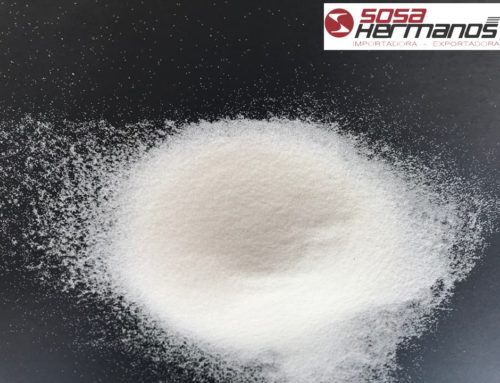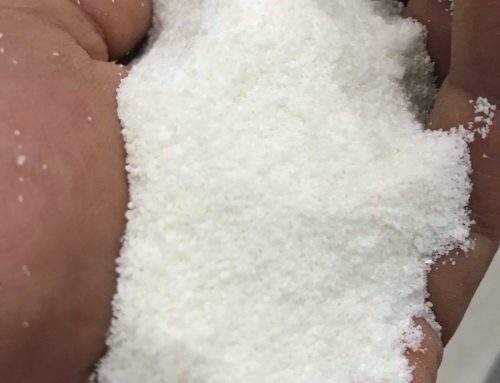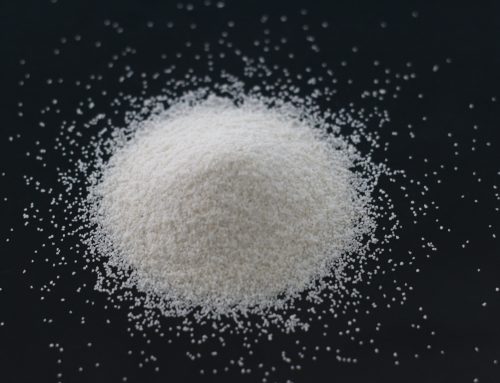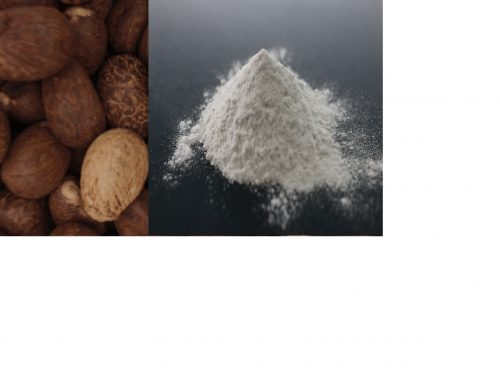Microspheres are tiny pieces of plastic that are added to some cosmetics, such as exfoliating creams, shower gels and some toothpastes, because of their abrasive properties. They help eliminate dead cells from the surface of the skin, which looks fresh and shiny after use.
They are so small and slippery that they have become an environmental problem. Water purification plants are not able to filter these particles. Its size ranges from one millimeter to the micrometer, so small that many are not seen with the naked eye. They are made mostly of polyethylene (PE). There are also polyethylene terephthalate (PET), polypropylene (PP) and methyl polymethacrylate (PMMA).
An exfoliating cream made with microspheres contains almost as much plastic as the container that contains it.
These pieces of plastic leave the water purifiers as they enter and end in the sea. These tiny particles absorb contaminants. Loaded with harmful substances, they eat the plankton, the fish and other fauna affecting their health. We eat them and the plastic comes back to us. Microspheres have been found even in table salt extracted from the ocean.
Last year, the United States banned them. The European Union is still thinking about it. Meanwhile, many cosmetic companies are voluntarily removing microspheres from their products, such as Procter & Gamble, Unilever, Colgate-Palmolive, Johnson & Johnson, The Body Shop or L’Oreal.






